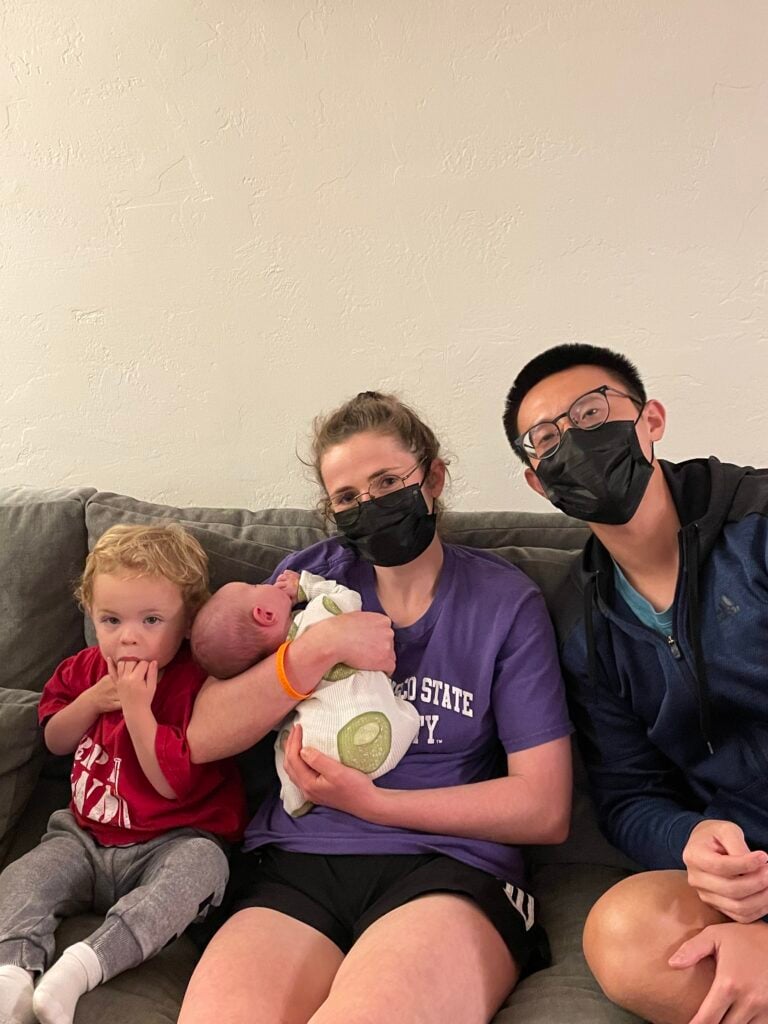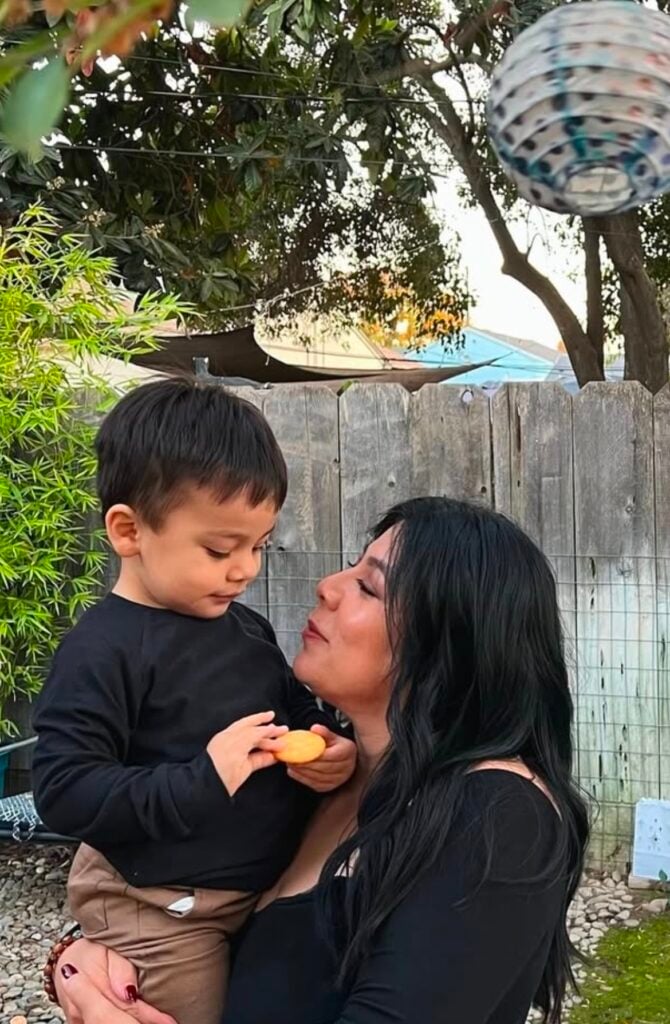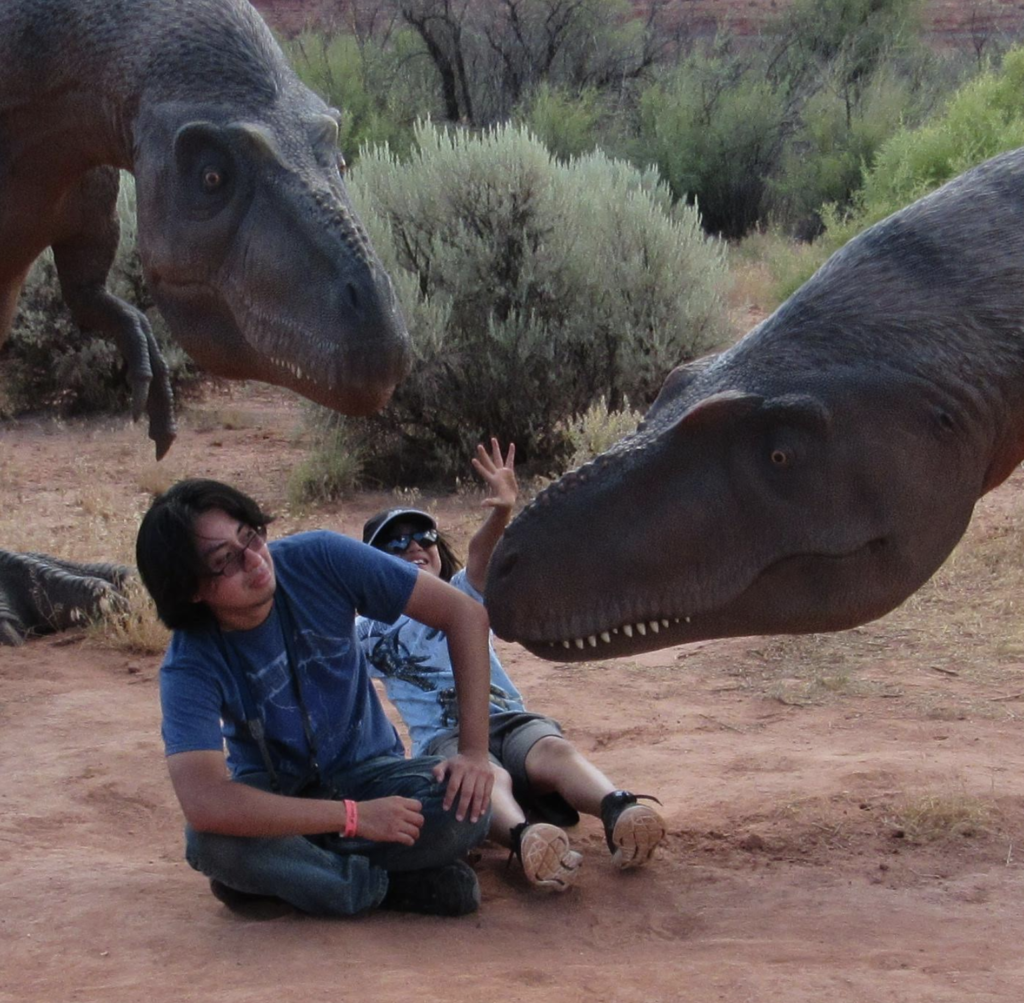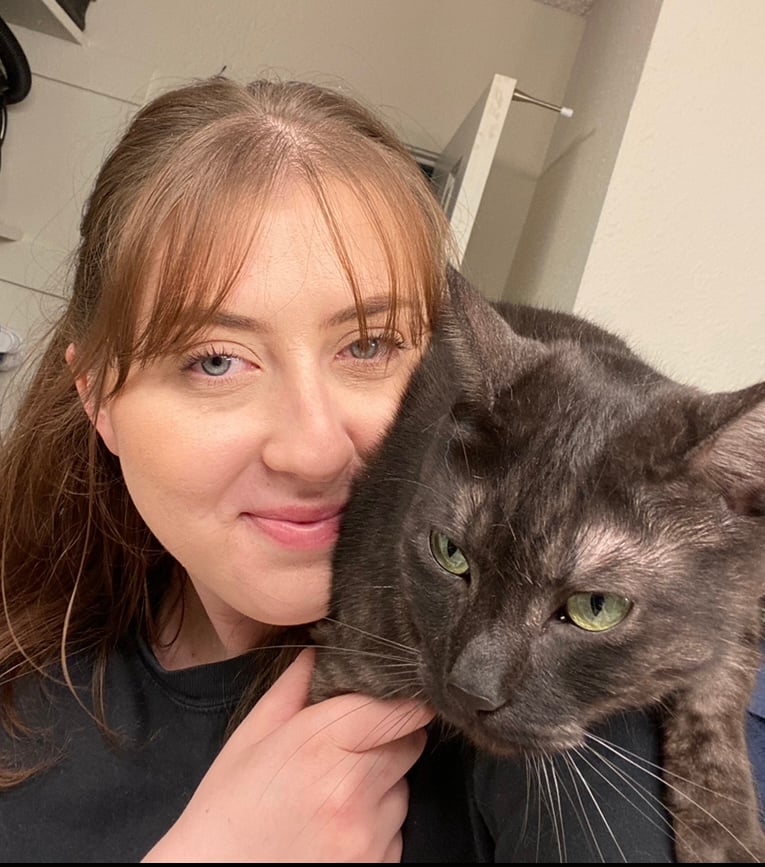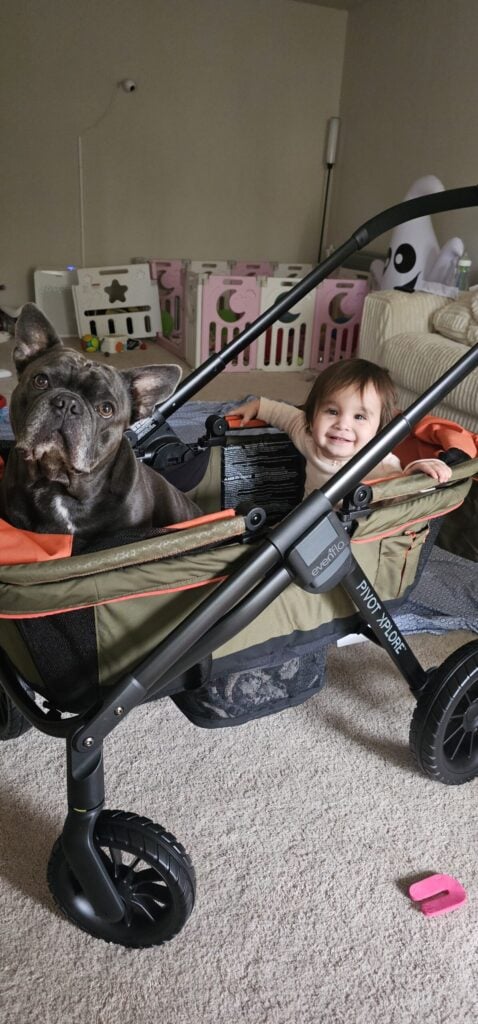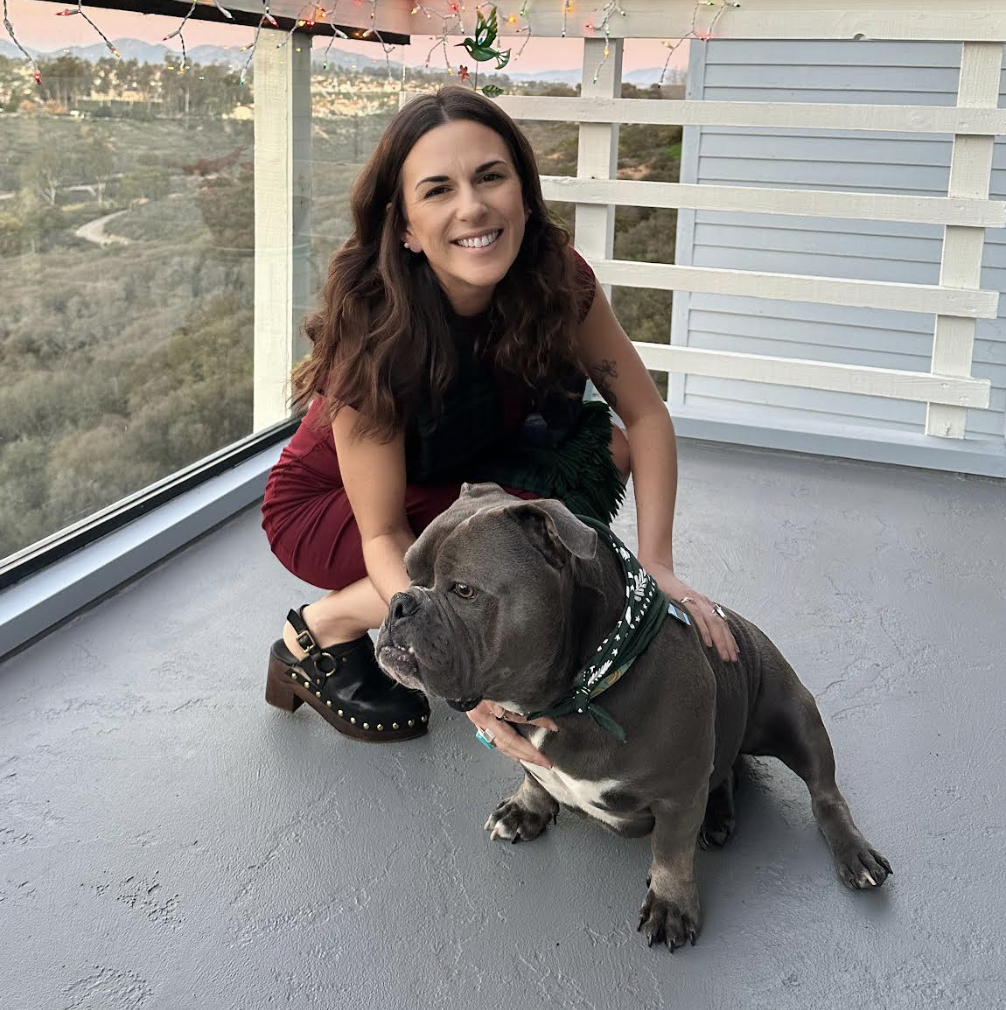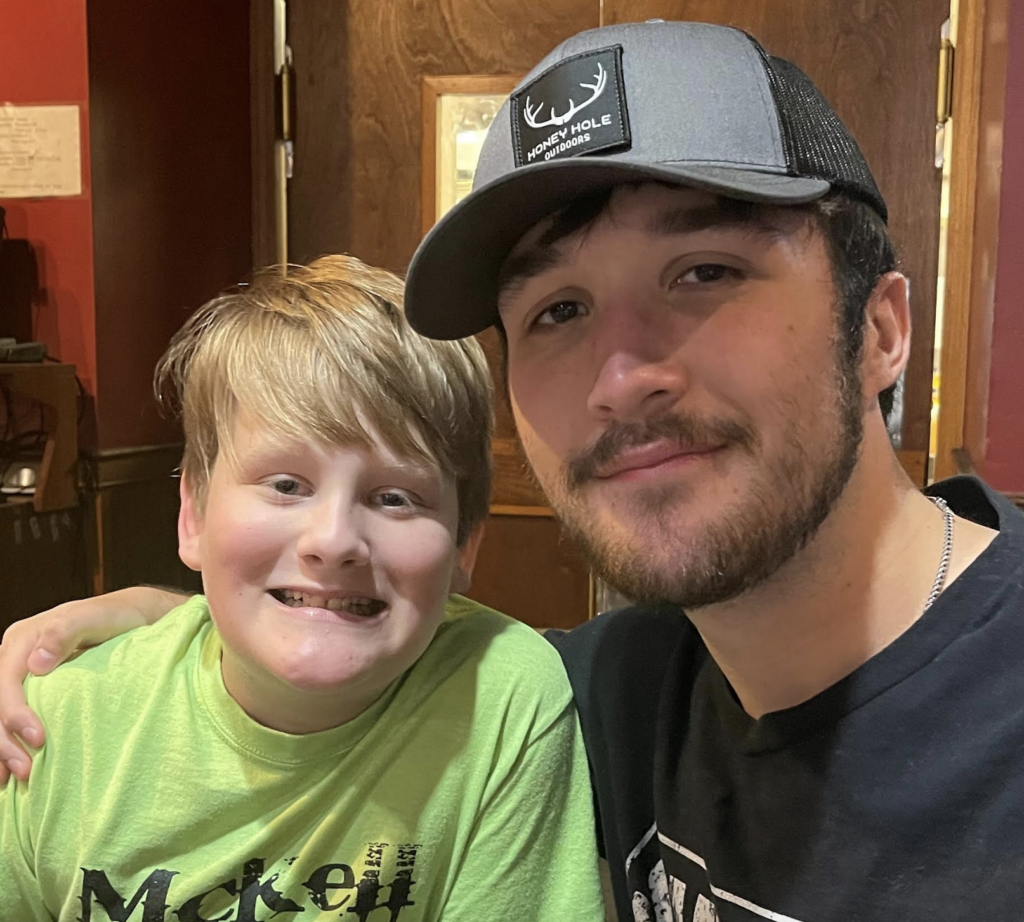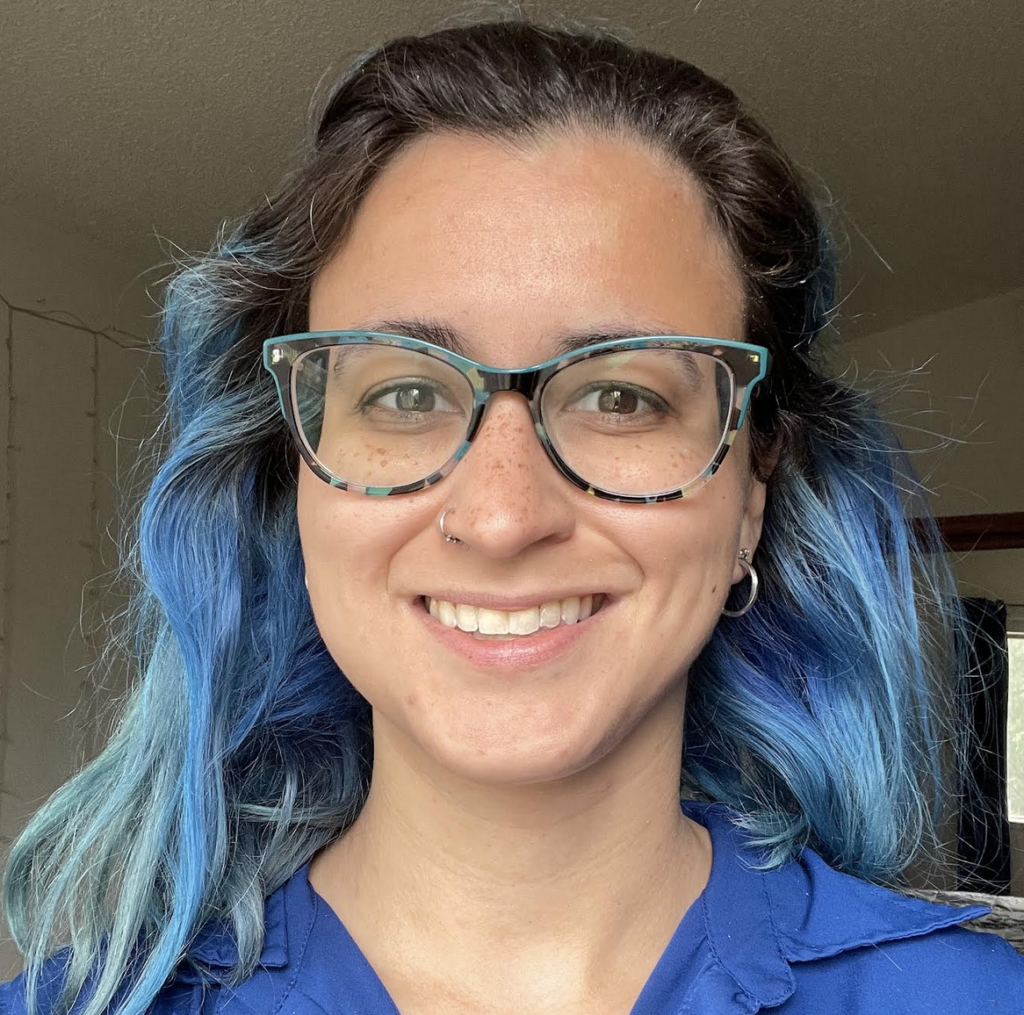Starting solid foods is a big milestone for your baby, and it’s important to ensure they are physically ready. My name is Jennifer Alva Lewis. I am a speech-language pathologist specializing in pediatric feeding and swallowing at JLD Therapy. Today, I want to share with you three important skills to look for in your baby that indicate they are ready to start solid foods.
1. Sitting Up with Minimal Support
The first skill to look for is whether your baby can sit up with minimal support. Being able to sit upright helps your baby feel steady and secure when placed in a high chair, allowing them to focus on eating rather than maintaining their posture.
2. Good Head and Neck Control
The second key skill is having good head and neck control. This is crucial because your baby needs to keep their head in a stable position while chewing and swallowing, which makes the eating experience both safe and enjoyable.
3. Bringing Objects to Their Mouth
The third skill is when your baby brings objects, like a toy or a teether, to their mouth and starts munching on them. They may also bring their hand or fingers to their mouth and chew on them, which is a great sign of readiness for solid foods. This shows they are exploring with their mouth, which is an essential skill for feeding.
Why These Skills Matter for Eating Solid Foods
The reason why these skills are so important is that when we take a baby that has these skills and we put them in their high chair to start eating, they feel steady, they feel really secure. They are so confident in their skills for sitting up and reaching around that they do them without thinking about them, which means that they can focus on exploring the food and they can focus on chewing and swallowing. That is a fun and safe way to start solid foods.
When we have a baby that doesn’t yet have these skills and we put them in a high chair to start solid foods, they may feel like they’re eating on a roller coaster. They have to focus so hard on just sitting up, and they have to work so hard to keep their head from flopping over and keeping it in a good place for swallowing, that they can’t focus on the food. They can’t focus on chewing and swallowing, and that is not a fun or a safe way to start eating solids.
When Should Your Baby Start Solid Foods?
These skills typically develop around six months of age, and that is the recommended age for starting solid foods. That’s because the motor skills that we just talked about have developed, but also because there are changes happening inside your baby’s body that you can’t see.
Their digestive system at six months of age becomes mature enough to start solid foods. Also, their sensory system is now ready and willing and even excited to try new tastes, textures, and flavors.
What If Your Baby Isn’t Ready by Six Months?
But what do you do if your child is about to be six months of age and they haven’t yet developed these skills? Or what if, for medical reasons, your child needs to start eating solid foods either sooner than six months or after six months of age?
Then you want to reach out to your pediatrician and also to a place like JLD Therapy that specializes in infant and childhood development. That way we can all work together as a team to come up with a plan for introducing your child to solid foods that is fun, that is safe, and that sets them up for lifelong happy, healthy eating.
If you need help preparing your baby to eat solid foods, give us a call at (408) 337-2727 to schedule an evaluation today.
Jennifer Alva Lewis, SLP
Since earning her Master’s degree in Speech-Language Pathology from the University of Arizona, Jennifer has specialized in pediatric feeding and swallowing disorders; working in hospitals, clinics and home health settings for over 10 years. Jennifer has advanced proficiency in American Sign Language and has employed this skill to improve the communication within D/deaf and hard of hearing families and hearing families who want to use a total communication approach. She is TOTS certified as well.
























